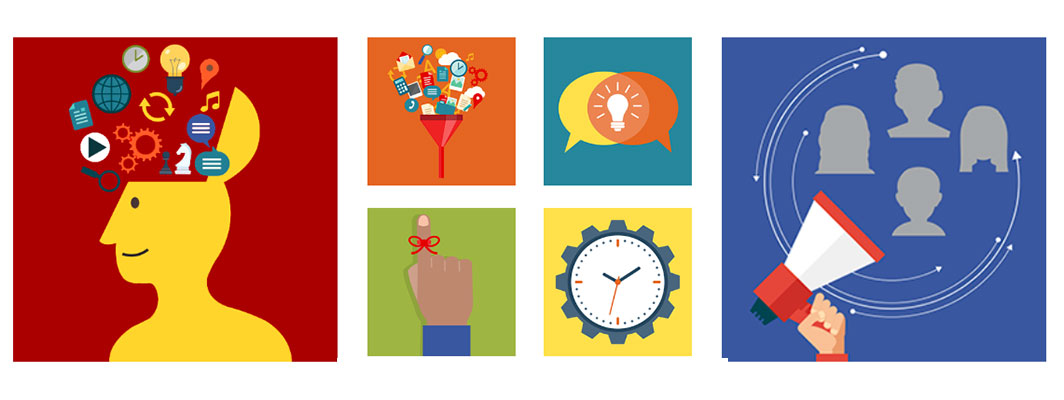
November 29, 2018 | By Lauren Acree
Nic was the type of student who challenged my thinking. He never shied away from telling anyone what they should be doing differently, including me. He would frequently shout across the room, “Stop tapping your pencil that way!” or “Why do you keep raising your hand so much?”
I spent months trying different strategies to support Nic’s behavior without success. I ultimately realized he didn’t need as much trial and error—through his comments in class he was telling me what he needed, I just had to listen and support him. Instead of making the fixes for Nic, I shifted to working with Nic on how to effectively communicate his needs for himself. When he realized I was willing to listen, we began to trust each other, and life in the classroom began to click for us. For example, when a fellow student was making it hard for Nic to focus, he knew what he needed and that he could ask me to support him.
At the end of the school year, the district announced my school was closing. I realized that next year a new teacher would be charged with figuring out what made my students tick. I worried, as all teachers do, how my students would do in their new environments. One thing I was certain of, however, was that Nic was better equipped to communicate his needs to his new teacher.
In the intervening years, I realized that Nic’s particular strength is well researched. Nic was good at advocating for himself and had a strong sense of agency. Student agency has two components: (1) knowing yourself as a learner, and (2) explaining, creating, or asking for what you need to meet your learning needs. Students with high levels of agency take responsibility for and ownership of their learning and build relationships with other learners who can provide mutual support.
Since those years in the classroom, my role at the Friday Institute has centered on providing all students with the learning environments they need to be successful. My experience with Nic is constantly in the back of my mind; rather than working with educators to do this for their learners, I work to encourage teachers to bring students into the learning process—not just as bystanders, but as active partners.
Educators must purposefully cultivate both sides of learner agency. Fortunately, there are many valuable resources available to teachers interested in going deep into this work, including:
While Nic was able to tell me what he needed, I learned I have to purposefully teach my students this skill. The research shows that agency is something teachers can cultivate. Agency is a skill that will transcend any one classroom and serve students well for the rest of their lives.
Citations:
Mitra, D. (2004). The Significance of Students: Can Increasing “Student Voice” in Schools Lead to Gains in Youth Development? Teachers College Record, 106, 651-688. Retrieved from https://curriculumstudies.pbworks.com/w/file/fetch/52018177/Mitra2004TheSignificanceofChildrensVoice_TCRecord.pdf.
By Rastee Chaudhry and Barbara Pape
By Tamara Tate and Pati Ruiz